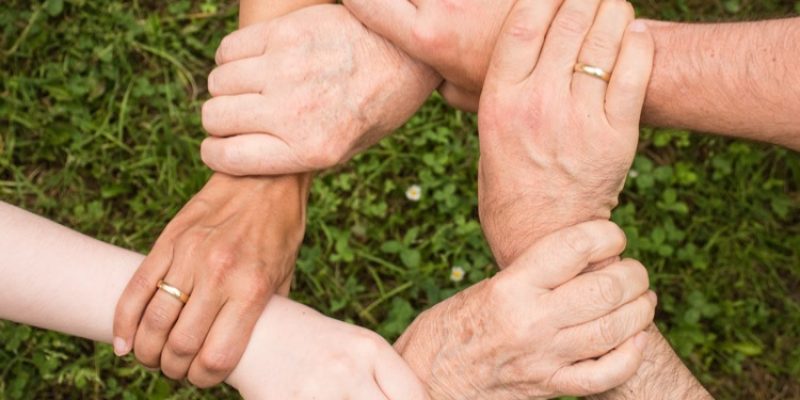Our Vision For Growth
Our founder, Daniel Holland, and our governing board have made the conscious decision that it is more important to establish a solid foundation that allows for stable and consistent growth over a long time horizon than it is to quickly expand membership.
Currently,
We are attempting to incorporate into our foundation legal, moral and ethical frameworks, systems of checks and balances and accountability to members and society at large, cultures that will help us to grow and sustain over time, understandings that are based on scientific knowledge and not superstitions or unfounded dogma, and ways of conducting ourselves that provide bridges for us and others to cross that will help to bind society together in positive ways. We are looking for ways to end religious suffering and strife and to provide vision to those of faith to allow them to see the need to be respectful and to accept that everyone has a right to have belief or to not have belief. We are seeking ways to promote tolerance and acceptance of those who are different than group norms, especially when those groups are fundamentally unrepresentative subsets of society at large.

As expressed in our constitution
“We shall become the center for community support, for volunteering and outreach; for music and song, for festivities, festivals and fellowship. Upon those positive and beneficial aspects that religions have brought to society we shall build our community and our culture. We shall strive to eliminate those negative aspects of historical religion such as hatred of free thought, unfounded dogma, horror, supernaturalism, ignorance, indoctrination, and predation upon natural human characteristics such as predation upon the credulous and the trusting. We shall build a culture around new customs, traditions and celebrations. We shall work together to promote the understanding that we are first humans, that earth’s greatest treasure lies within our human personality, that our humanity transcends communal sovereignty, and only thereafter we are members of and belong to other groups.”
Moving Forward,
The founder of TRNI, Daniel Holland, wants to help individuals find ways to reconcile the various information and misinformation about topics such as god, faith and religion including religions influences and practices used to capture the mind. Mr. Holland wants to establish ways within TRNI to help individuals to reconcile their faith or their lack of faith and to become comfortable with their understanding by helping them to think freely and for themselves. While many do not see the inherent evil in indoctrinated belief systems, and practices that close the mind to understanding, each individual has the inherent right to freedom of thought and mind. Without a free mind, one is not truly free. Not having the ability to question and analyze one’s faith and belief systems leads to individuals that are intolerant. It is better to come to acceptance of faith by being able to see and understand faith from outside of the faith than to only see and believe without those contemplations. The former leads to acceptance and tolerance, the latter leads to intolerance and unhappiness. If you choose faith, please do so in a context that is accepting of others lack of faith. The Realigious Network International is about helping each of us to reconcile ourselves through conscious processes so that everyone can live in a better world. We can all do so much better.
An Acknowledgement:
Our founder, Daniel Holland, is aware that TRNI has used the term ‘church’ i.e. The Conscious Church, which is limiting to those of no religious tradition as well as to those of other religious traditions. We will be exploring changes to the terminology we use so that there can someday be other conscious affiliates with names such as The Conscious Mosques, The Conscious Temples, The Conscious Synagogues, etc. This would help to foster understandings, acceptance, and inclusion of varied cultural communities and will help to build a bridge for those seeking to maintain their cultural identity while moving away from the faith aspects of their traditional religion.